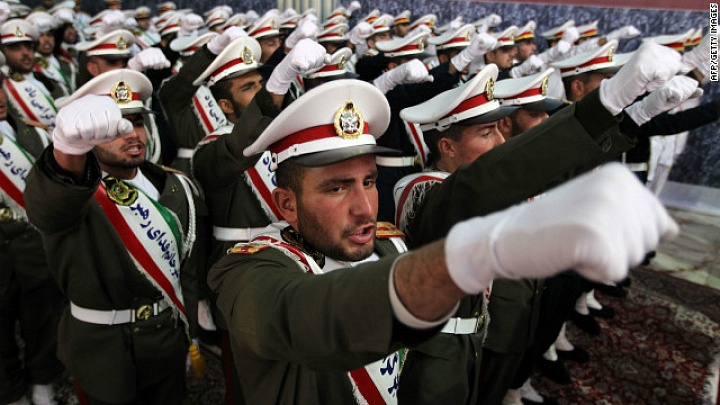
As word of an interim agreement on Iran’s nuclear program filtered out, Iranians on the streets in Tehran rejoiced. Meanwhile, at Harvard, CIA Director John Brennan emphasized the accord’s advantages, pointing to the reduction in the number of Iran’s centrifuges mandated by the agreement. Brennan also expressed confidence in the Agency’s ability to monitor Tehran’s compliance with any deal, noting that “we’ve gone to school” on Iran’s nuclear infrastructure.
Many American leaders are nonetheless hostile to the possibility of reaching a final deal with Iran. One oft-deployed argument is Tehran is guided overwhelmingly by religious ideology rather than rationality. Proponents of this belief argue Iran’s leadership’s ideological commitment to the destruction of Israel drives its determination to obtain nuclear weapons, and thus cannot therefore be deterred or trusted.
Yet what intelligence analysts should instead be focusing upon is the broader question of what actually drives Iranian foreign policy. And datapoints tend to suggest Tehran’s leaders are motivated less by an abstract end-of-days philosophy and more by day-to-day reasons.
This notion that Iran’s leaders are untrustworthy because they are committed to launch a suicidal nuclear attack on Israel rests on the belief that its leadership is driven by messianic Shia theology. Proponents of this theory base their argument on the story of the “Hidden Imam”—or Mahdi—a central feature in Shia religious beliefs. In Shia theology, the Hidden Imam went into a state of occultation at the age of seven and will eventually be returned to earth by God to lead humanity. The Mahdi’s return will be accompanied by a short era of perfect harmony and justice in the world, followed by the Final Judgment and the end of history.
The story of the Mahdi bears a strong resemblance to the other religions’ end-times beliefs. The Iranian leadership’s desire to bring on the Final Judgment, so the argument goes, means if the Mullahs obtain a nuclear weapon, they will use it to destroy Israel and hasten the Mahdi’s return.
One argument is that Tehran is guided by religious ideology rather than rationality. Intelligence analysts should instead focus on the broader question of what actually drives Iranian foreign policy.
This idea that Iranian policy is driven by a desire for martyrdom originated in the 1980s during the Iran-Iraq War, a conflict that killed some one million people on both sides. Due to the superiority of Iraqs armor, air power, mobility and training during the conflict, the Iranian military f
